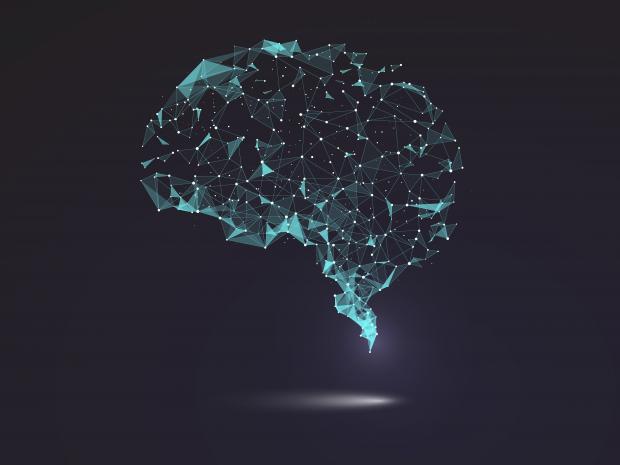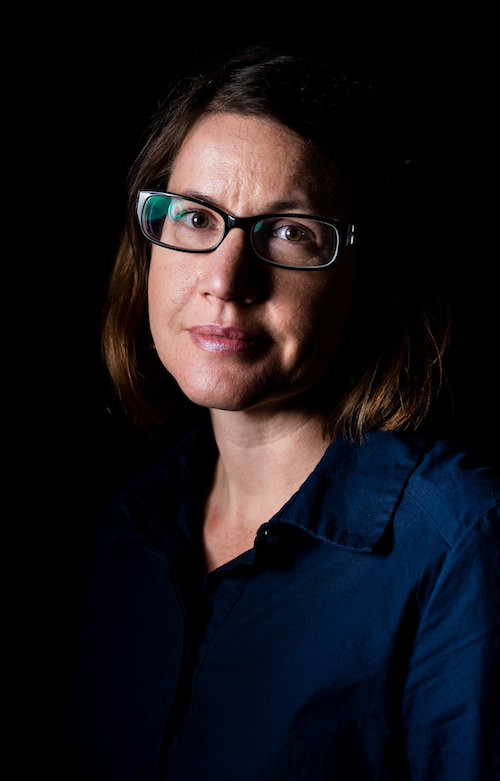Challenges for Deep Reinforcement Learning in Complex Environments

Part of the Special ECE Seminar Series
Modern Artificial Intelligence
Title:
Challenges for Deep Reinforcement Learning in Complex Environments
Speaker:
Raia Hadsell, Head of Robotics Research at DeepMind
Abstract:
Deep reinforcement learning has rapidly grown as a research field with far-reaching potential for artificial intelligence. Games and simple physical simulations have been used as the main benchmark domains for many fundamental developments. As the field matures, it is important to develop more sophisticated learning systems with the aim of solving more complex real-world tasks, but problems like catastrophic forgetting remain critical, and important capabilities such as skill composition through curriculum learning remain unsolved. Continual learning is an important challenge for reinforcement learning, because RL agents are trained sequentially, in interactive environments, and are especially vulnerable to the phenomena of catastrophic forgetting and catastrophic interference. This talk will cover some of the challenges that exist for learning from interactions in more complex, constrained, and real-world settings, and some promising new approaches that have emerged.
Bio:

Raia Hadsell is the head of Robotics research at DeepMind. Her early research was in the use of Siamese networks for learning neural embeddings, an approach which now commonly used for representation learning. After completing a PhD which featured a self-supervised deep learning vision system for a mobile robot, her research continued at Carnegie Mellon’s Robotics Institute and SRI International, and in early 2014 she joined DeepMind in London to study artificial general intelligence. Dr. Hadsell’s current research focuses on the challenge of continual learning for AI agents and robots, and she has proposed neural approaches such as policy distillation, progressive nets, and elastic weight consolidation to solve the problem of catastrophic forgetting. Dr. Hadsell is on the executive boards of ICLR, WiML, and CoRL, and is a fellow of the European Lab on Learning Systems (ELLIS).

